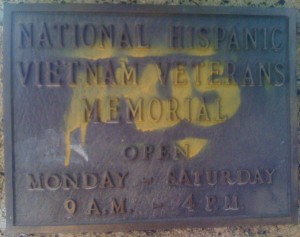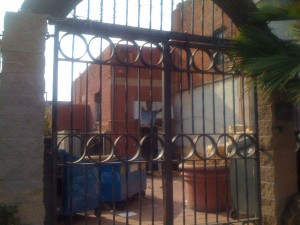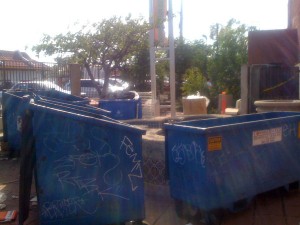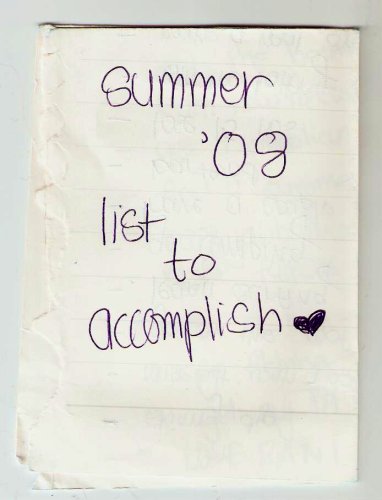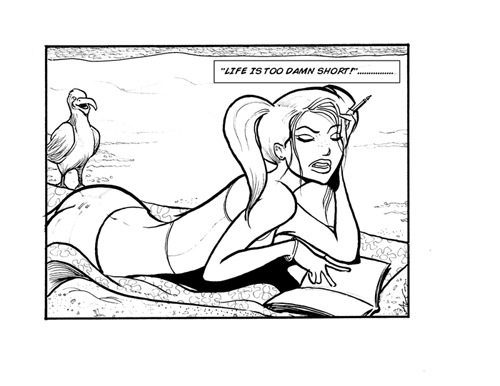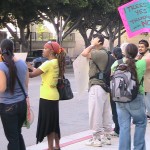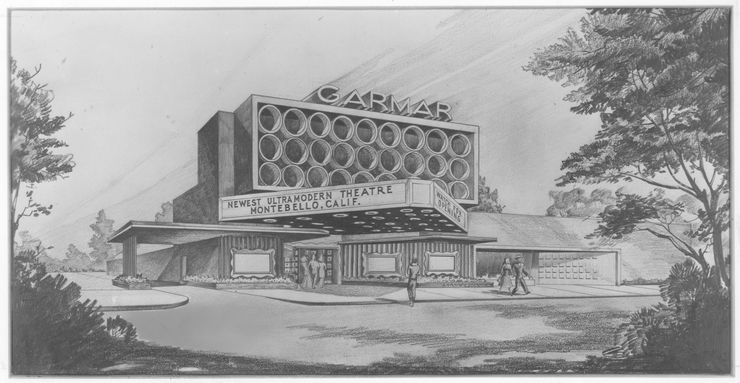Almost two years have passed since I moved to Los Angeles. When I decided to make the move, I’d only been to L.A. once—back in 2002 for a wedding. Before that, my knowledge of the city was based on information from movies, songs, books I’d read in Chicana/o and Asian American Studies classes, and the after-dinner-stories told by my Papá and Grandpa.
“There’s a lot of Taos people in Los Angeles,†my grandpa still reminds me, whenever L.A. comes up, which is often. “A lot of our people over there, New Mexico people.†During WWII, my grandpa had been in Los Angeles briefly before his troop was shipped to Burma. According to his story, he was among the troops ordered to beat Mexican youth who wore zoot suits. It was during one of the raids that he was walking down the street when someone called his name. “Hey, primo! What say?†“Nothing, primo. Let’s have a beer!†I guess he decided to have a beer with his cousin and some other folks he knew from home, instead of joining the riots. He told me later that he knew he was caught in a strange position, one that he didn’t agree with—a Chicano soldier. I still wonder what it must have been like for him in that moment.
Over 25 years later, my 22-year-old father came to Los Angeles, wanting to experience new places. He lived in Lincoln Heights and drove an ambulance at night. His favorite memory was of walking from Union Station after work in the morning and grabbing breakfast at a taquerÃa near the placita. He only stayed in L.A. for a year or so before moving back home to New Mexico. That was in the late ‘60s. Even though he hasn’t been to Los Angeles since, I think he imagines it as if it hasn’t changed.
When I last suggested that I should take a train back from Albuquerque, my papá protested. “That area around Union Station is not safe for young ladies,†he’d said…or something like that. Actually, it’s not just Union Station that he thinks is “unsafe for young ladies,†it’s all of Los Angeles. He thought the same thing when I’d moved to NYC several years ago. If he could have his way, I’d live in Albuquerque, which is actually just as (un)safe as Los Angeles, only more familiar. This is clearly a gender issue–obviously, he wouldn’t be concerned if it were one of mis manitos living out here. He forgets that Union Station and the surrounding area (100 years ago)–the site of my dissertation research—is what brought me to Los Angeles in the first place. And I wanted to get to know and become a part of the communities that live in the legacies of the people whose lives I study.
I knew four people in L.A when mi manito and I moved my stuff into my new apartment. Friends told me it was a “brave†move—maybe it was just crazy. I remember thinking, “if I hate it here, I can always pack up and go home.†I can’t front, those first few months really sucked. L.A. is a difficult place to be a newcomer. Now, after two years spent meeting new folks and exploring in the city—in person and amid dusty papers in multiple libraries—it has become more and more familiar. And I like it here.
Someone recently asked me whether I could finally call L.A. my “home.†And I surprised myself when I thought, there’s nowhere else I’d rather live right now…. But on the real, though? I’m not sure I can really call it “home†until I find some of the New Mexico gente my grandpa keeps talking about, who know how to make a great bowl of green chile. If you know some, hook this nuevomexicana up!

